
Project description
What the national grant allowed to discover in your microbiota research area?
This grant allowed us, in a first step, to understand the impact of maternal obesity on the acquisition and maturation of the child’s gut microbiota throughout the first year of life. In early life, the establishment, development, and maturation of the microbiota are shaped by microbial and host interactions, in which the mother plays a key role as she represents the most important source of microorganisms. The transfer of obesogenic microbiota between mother and child has been suggested as a possible pathway for the intergenerational transmission of obesity. Since the early-life represents a critical window for immune stimulation, gut dysbiosis can compromise the development of a balanced immune phenotype. Therefore, our second step will unravel the impact of a dysbiotic and obesogenic maternally acquired gut microbiota on the immune system priming.
What is the consequences for the patient?
With the Foundation support, we anticipate understanding the impact of maternal obesity on the child's gut microbiota and unraveling the impact of early life dysbiotic microbiota on the immune system stimulation and regulation up to one year after delivery. The understanding of how dysbiotic maternally acquired gut microbiota impacts immune system priming may reveal new strategies for disease prevention through early-life gut microbiota manipulation, opening new paths for the development of innovative and personalized diagnostic and therapeutic tools.
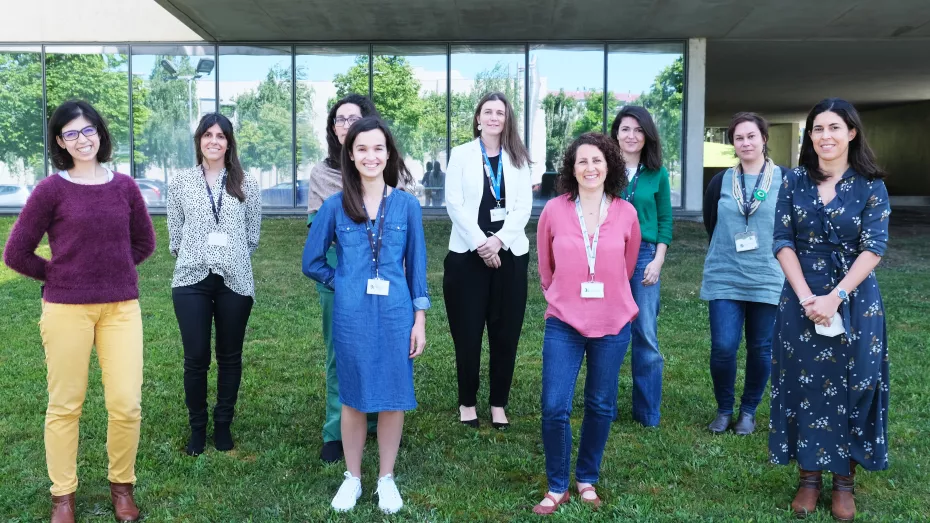
Portugal's winning projects
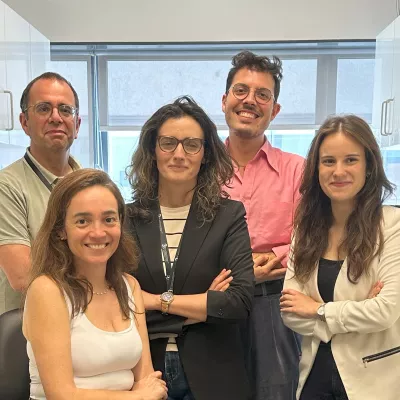

MINDSET: Mapping interactions of the bidirectional gut-brain axis in adolescent risk-taking behaviour
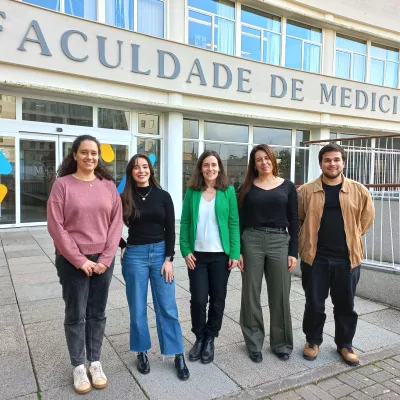

AGEWISE: Unravelling the gut-hormone axis in Women's Aging


Microbiome manipulation to reduce psychopathology in Multiple Sclerosis
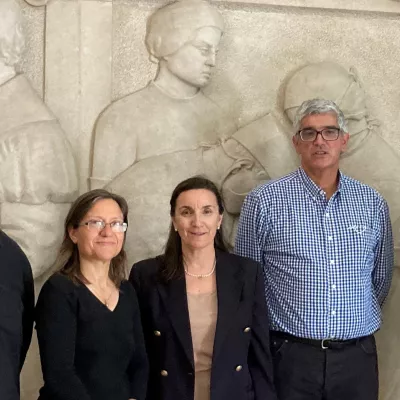

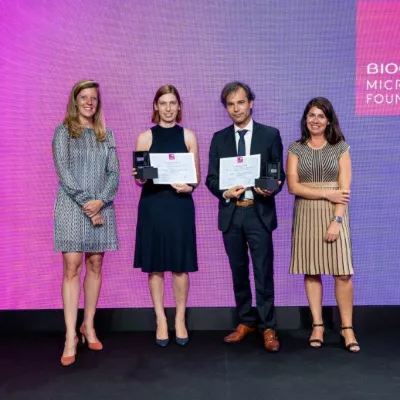

MicroSpA & MicroRA : The role of microbiome on biological therapy efficacy in axial Spondyloarthritis and Rheumatoid Arthritis - a new paradigm

